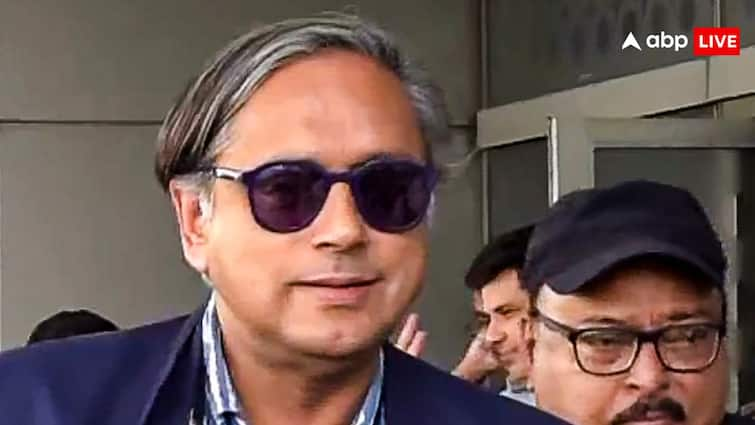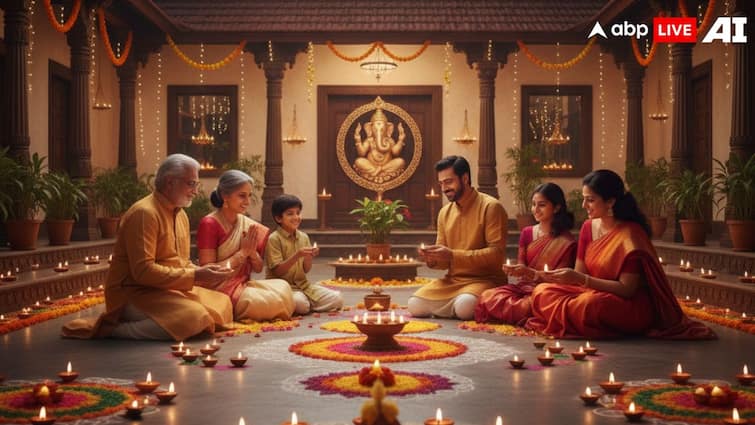Congress leader Shashi Tharoor on Wednesday appeared to stand by his earlier comments on the “silence” of the Indian-American diaspora regarding issues affecting India-US relations. Welcoming a letter written by a group of US lawmakers to President Donald Trump calling for a reset in bilateral ties, Tharoor said he was “delighted by the move”.
Tharoor Clarifies Earlier Remark
Praising the initiative of the US Congress members, Tharoor wrote on X (formerly Twitter), “When I questioned the silence of the diaspora, it was to express concern that they were not pressing their political representatives to take a stand like this. If influential American politicians can speak up with or without diaspora pressure, it will surely have some influence on US policy.”
His clarification followed criticism of his earlier observation that Indian-Americans had been largely inactive on key policy matters impacting India, including Trump’s 50 per cent tariffs on Indian imports and the $100,000 hike in H-1B visa fees.
What Led To The Controversy?
Tharoor’s original remark was made after facilitating a meeting between a US Congressional delegation and India’s Parliamentary Standing Committee on External Affairs. During the interaction, a Congresswoman reportedly told him she had not received “a single call” from diaspora members regarding the Trump administration’s actions.
Citing this, Tharoor had urged the Indian-American community to take a more active role in shaping public discourse, “If you care about the relationship with your motherland, then you also have to fight for it, speak for it and make more of an effort to press your political representatives to stand up for India.”
HAF Criticism, Diaspora Response
Tharoor’s remarks drew a sharp reaction from Suhag A Shukla, Executive Director of the Hindu American Foundation (HAF). She argued that the comments were based on a limited perspective and failed to represent the diversity of the diaspora’s engagement.
“There are 535 members in the US Congress – 100 senators and 435 representatives. But the honourable Shashi Tharoor had made sweeping claims about the Indian-American diaspora based on the words of just one in that cohort,” Shukla wrote in The Print.
Tharoor, however, welcomed the debate, saying he was pleased that his remarks had “sparked introspection” within the Indian-American community.
US Lawmakers’ Letter Calls for Policy Reset
Last week, several US Congress members representing constituencies with sizable Indian-American populations wrote to President Trump, urging a recalibration of US policy toward India. The letter criticised the administration’s 50% tariffs on Indian goods, arguing the move “hurt Indian manufacturers while simultaneously raising prices for American consumers and damaging the intricate supply chains that American companies depend on.”
Tharoor highlighted that five of the ten signatories to the letter had attended the multi-party delegation he met in Washington earlier this year.
“I am delighted by this move,” Tharoor said, noting that such advocacy from US lawmakers—whether or not prompted by diaspora engagement—would positively influence policy towards India.



